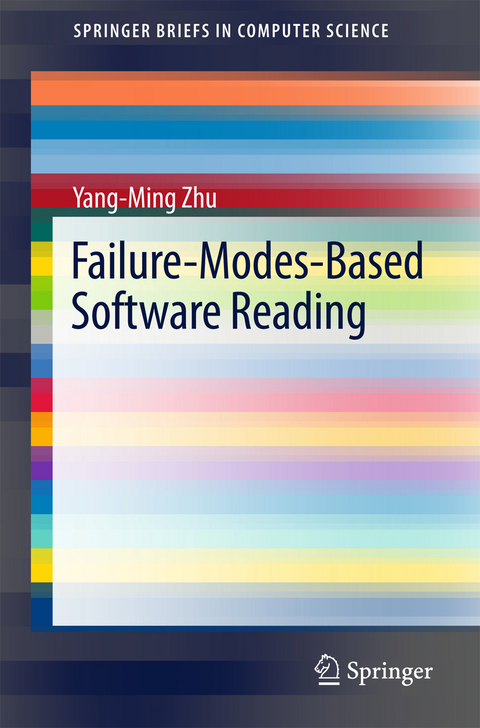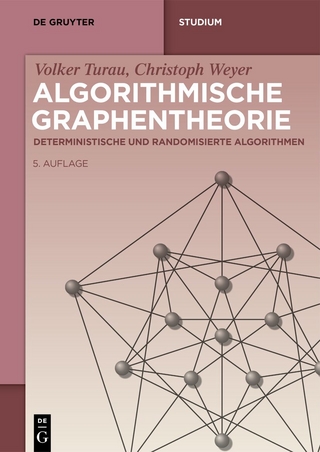
Failure-Modes-Based Software Reading
Springer International Publishing (Verlag)
978-3-319-65102-6 (ISBN)
After a general introduction it offers an overview of software FMEA and discusses software review procedures and software reading techniques. Subsequent chapters present the basic ideas behind failure-modes-based reading techniques and examine the use of these techniques for software requirements, software design, software coding, software usability, and software testing. Covering the entire creation process, and including checklists and examples, it provides an easy introduction to the topic for professionals in software engineering and quality assurance.
Yang-Ming Zhu is a software architect at Philips with 18 years of industry experience in software engineering. His research and development interests focus on software engineering and image processing. He is a senior member of the IEEE, holds the Software Architecture Professional Certificate from the Software Engineering Institute at Carnegie Mellon University, and has a PhD in physics, a MS in computer science and in biomedical engineering. He has authored or co-authored about 80 book chapters and scientific journal papers, and has 9 US patents. He is the author of "Software Reading Techniques" (Apress, 2016), and is involved in software FMEA of medical devices.
1 Introduction.- 2 Software Failure Mode and Effects Analysis.- 3 Software Review and Software Reading.- 4 Failure-Modes-Based Software Reading.- 5 Failure-Modes-Based Requirements Reading.- 6 Failure-Modes-Based Design Reading.- 7 Failure-Modes-Based Code Reading.- 8 Failure-Modes-Based Usability Reading.- 9 Failure-Modes-Based Test Reading.- 10 Conclusion.
| Erscheinungsdatum | 01.12.2017 |
|---|---|
| Reihe/Serie | SpringerBriefs in Computer Science |
| Zusatzinfo | XI, 99 p. 12 illus. |
| Verlagsort | Cham |
| Sprache | englisch |
| Maße | 155 x 235 mm |
| Gewicht | 183 g |
| Themenwelt | Mathematik / Informatik ► Informatik ► Software Entwicklung |
| Mathematik / Informatik ► Mathematik ► Finanz- / Wirtschaftsmathematik | |
| Schlagworte | business applications • business mathematics & systems • Business mathematics & systems • Computer Science • information architecture • Maintenance & repairs • Maintenance & repairs • management of computing and information systems • software development • Software engineering • software maintenance • Software Management • software quality assurance • Software Verification |
| ISBN-10 | 3-319-65102-1 / 3319651021 |
| ISBN-13 | 978-3-319-65102-6 / 9783319651026 |
| Zustand | Neuware |
| Haben Sie eine Frage zum Produkt? |
aus dem Bereich


